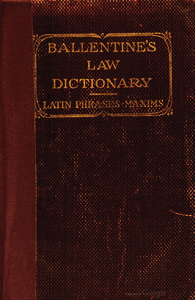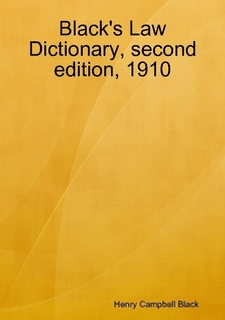The addition of a lesser thing to a greater, either by nature or by man. See 24 Ky. 454, 19 Am. Dec. 104. A nation’s acceding to a treaty.
Definition of Accession
-
Ballentine's Law Dictionary
-
Black's Law Dictionary: 2nd Edition
The right to all which one's own property produces, whether that property be movable or immovable; and the right to that which is united to it by accession, either naturally or artificially. 2 Kent, 360 ; 2 Bl. Comm. 404. A principle derived from the civil law, by which the owner of property becomes entitled to all which it produces, and to all that is added or united to it, either naturally or artificially, (that is, by the labor or skill of another,) even where such addition extends to a change of form or materials; and by which, on the other hand, the possessor of property becomes entitled to it, as against the original owner, where the addition made to it by his skill and labor is of greater value than the property itself or where the change effected in its form is so great as to render it impossible to restore it to its original shape. Burrill. Bette v. Lee, 5 Johns. (N. Y.) 348, 4 Am. Dec. 368; Lampton v. Preston, 1 J. J. Marsh. (Ky.) 454, 19 Am. 'Dec. 104; Eaton v. Munroe, 52 Me. 63; Pulcifer v. Page, 32 Me. 404, 54 Am. Dec. 582. In international law. The absolute or conditional acceptance by one or several states of a treaty already concluded between other sovereignties. Merl. Repert. Also the commencement or inauguration of a sovereign's reign.

